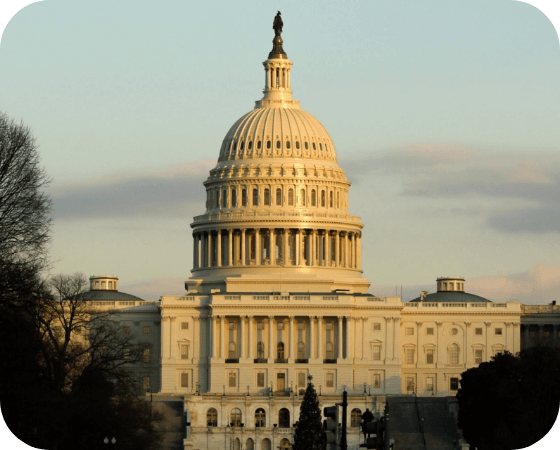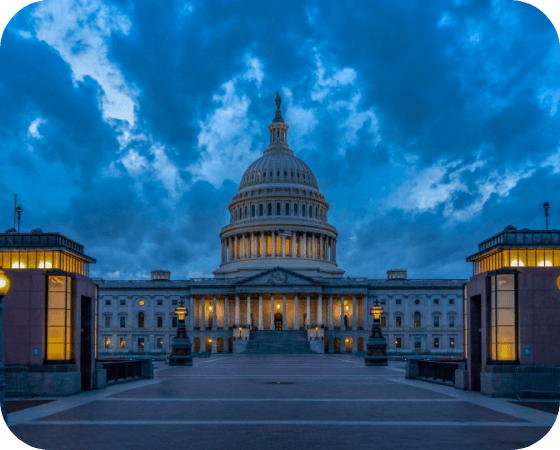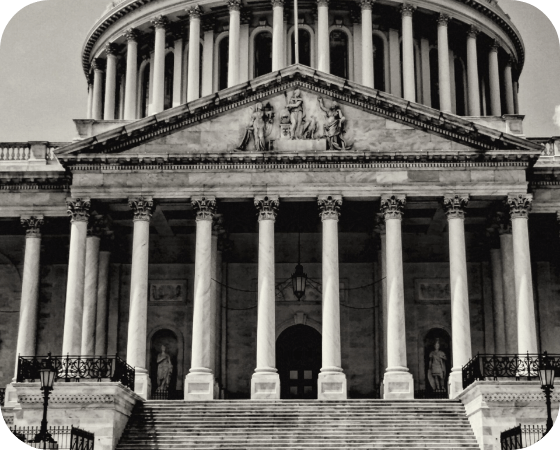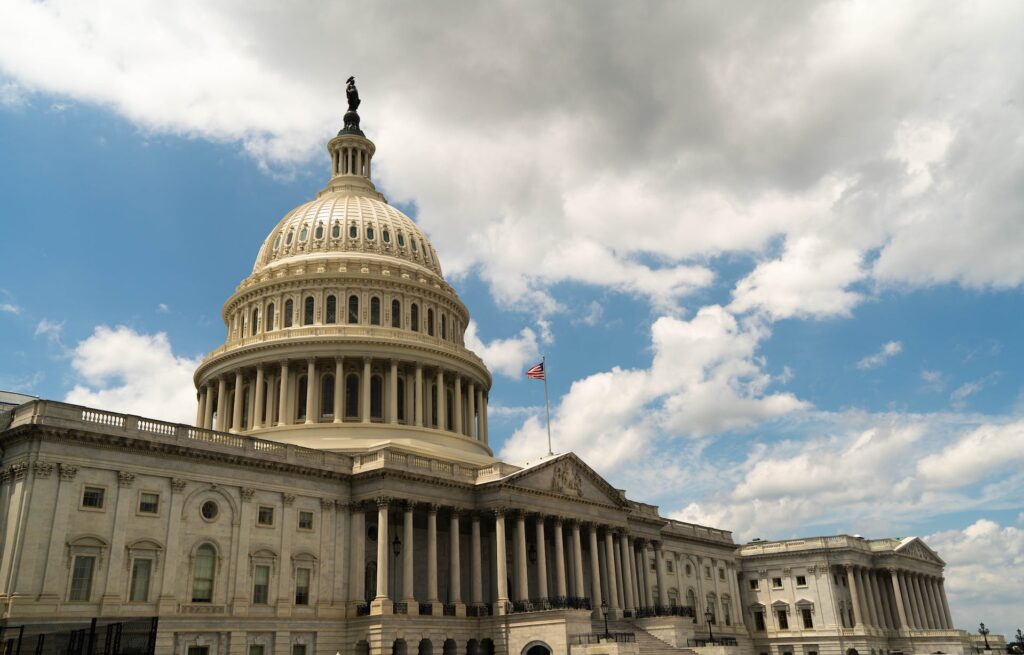Good morning from Washington, DC where the sun is shining, and the town is all abuzz about the finally unveiled bipartisan border package. Last night, text was revealed after months of negotiations from bipartisan negotiators. Like anything with good intention in Washington, it was met with mixed reviews and vocal opposition. The bill was negotiated by Sens. Lankford (R-Okla.), Sinema (I-Ariz.), and Murphy (D-Conn.). The provisions, discussed below, mark the most aggressive and substantive reforms on immigration and border security in years. House Republicans, who wanted border security tied to any supplemental war funding to Ukraine, Israel, and others, are now retreating from the bill. As previously discussed, election politics and the hand of the presumptive presidential nominee are impacting support while impeding any initial progress. Speaker Johnson labeled the bill “dead on arrival” in the House. Nothing like members of Congress calling for reform, achieving the reform in legislation, then blasting it as a non-starter. Just like Madonna said, Congress keeps on pushing us – over the borderline. Welcome to the Week Ahead!
The Administration
President Biden will spend some of this week and next pushing for passage of the Senate negotiated border security bill. The bill provides key supplemental funding for Ukraine and other allies. Republican opposition for the bill is largely mounted in not giving President Biden a win on the issue nine months before the election. Opposition is coming from both sides of the aisle, as the ACLU and Latino organizations are concerned the bill does not have substantive immigration reform. Senator Alex Padilla (D.Cali.) has already opposed the measure.
In other news, Secretary of State Blinken will be doing a four-day Middle East tour coming on the announcement of a more severe attack on Iran-backed targets due to previously reported drone strikes killing Americans. The President will also speak congressional Democrats at their policy retreat later this week.
The Senate
The border security deal faces a questionable path this week in the Senate. A summary can be found here. The bill will cost $118 billion and provides over $48 billion in funding to Ukraine, as well as $10.6 billion to Israel. As mentioned, the bill has opposition from both parties. Minority Leader McConnell, a staunch advocate for Ukraine funding, will face a huge test within his caucus to get support for the bill. Leader Schumer stated he never worked so closely with McConnell on any other piece of legislation, adding fuel to the fire for Senate Republicans taking shots at McConnell for the top spot. Schumer promises a procedural vote this week which will be the first test of support for this legislation.
Health Care
Artificial intelligence in health care is an area in which policymakers want to better understand the impact of technology on a myriad of areas. Currently, AI is used to benefit physicians such as radiologists in analyzing images, it is also used to track cancer, and helps insurers processing claims. Critics of the use of AI in health claim insurers utilize algorithms which disproportionately impact communities of color and sicker individuals further exasperating health disparities. This week, the Senate Finance Committee is holding a hearing Thursday discussing the promises and pitfalls of AI in healthcare. Stay tuned as we cover this important hearing which will surely be the first of several. Also on Thursday, the Senate HELP Committee will hold a hearing on why the US pays more for prescription drugs than any other country.
The House
The House reconvenes on Monday, and while there are several bills for consideration, it will be another light week for health policy on the House side of the Capitol. Much of the energy from the House will be focused on leadership’s vocal opposition of the border security bill. Speaker Johnson has already mentioned introducing a standalone bill with funding for Israel – a measure he is hoping would divide Democrats.
Health Care
While notable health legislation is not expected on the House floor, the Ways and Means Committee will hold on hearing on “Examining Chronic Drug Shortages in the United States,” on Tuesday. The hearing advisory and witness list have been posted online as well. While it will be relatively quiet in the House committees, House committee activity on health issues is expected to pick up in February and March.
As negotiations pick up on appropriations legislation, the March 8 deadline for several expiring health programs looms. The House Republican Doctors Caucus and physician organizations are continuing their push for relief from the 3.37% cut in Medicare payments that took effect on January 1. While indications point some form of relief being passed by Congress in the coming weeks, nothing has been agreed to and conversations continue.
Create a great week.










